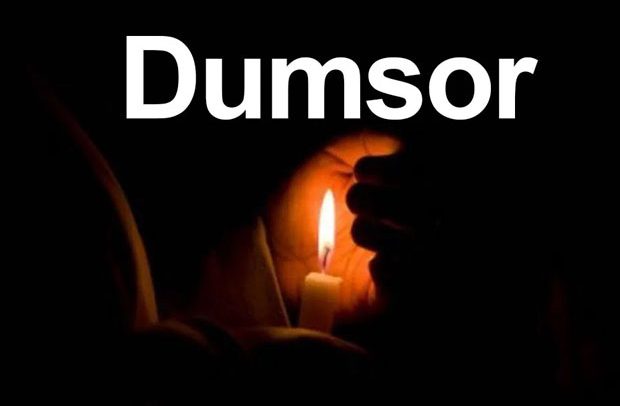The Chamber of Independent Power Producers (IPPs) has issued a directive to its members to suspend power supply to the national grid starting July 1, 2023.
This decision comes in response to the government’s failure to address the outstanding arrears owed to the IPPs.
In an email sent to its members and obtained by a section of the media, the Chamber instructed each IPP to “nominate nothing” and “not declare an availability to the System Operator” from July 1 to July 8, 2023.
The deadline for the shutdown was set by the IPPs after their demands for a 30 percent interim payment of the arrears were not met.
The Chamber of IPPs consists of prominent companies such as Sunon Asogli, Cenpower, Karpowership, AKSA, Twin City Energy, and CENIT, which collectively control 47 percent of Ghana’s total power generation mix and contribute 67 percent of the country’s thermal power.
These IPPs argue that the outstanding debt, amounting to approximately $1.73 billion in cedis since January 2021, has severely impacted their ability to access working capital. This has hindered their operations and prevented them from financing essential supplies, particularly those priced in foreign currencies, such as chemicals for water treatment in thermal generators.
Elikplim Kwabla Apetorgbor, the Chief Executive Officer of the Chamber of Independent Power Producers, Distributors, and Bulk Consumers (CIPDiB), expressed concerns about the lack of resources to continue power generation beyond June 30.
Despite their efforts to negotiate with creditors and stakeholders, the IPPs have reached a point where they cannot sustain the supply without payment.
The IPPs have also rejected proposals for debt restructuring, as they cannot justify the situation to their lenders and continue operations amidst mounting financial strain.
The power crisis caused by the IPPs’ suspension of power supply could have far-reaching consequences for Ghana’s energy sector and the country as a whole.
The government must address the outstanding arrears and work towards a sustainable solution to ensure the continuous supply of electricity to meet the needs of businesses and households.
Time is running out, and immediate action should be taken to resolve the arrears dispute to prevent further disruptions to Ghana’s power supply.
By Vincent Kubi


